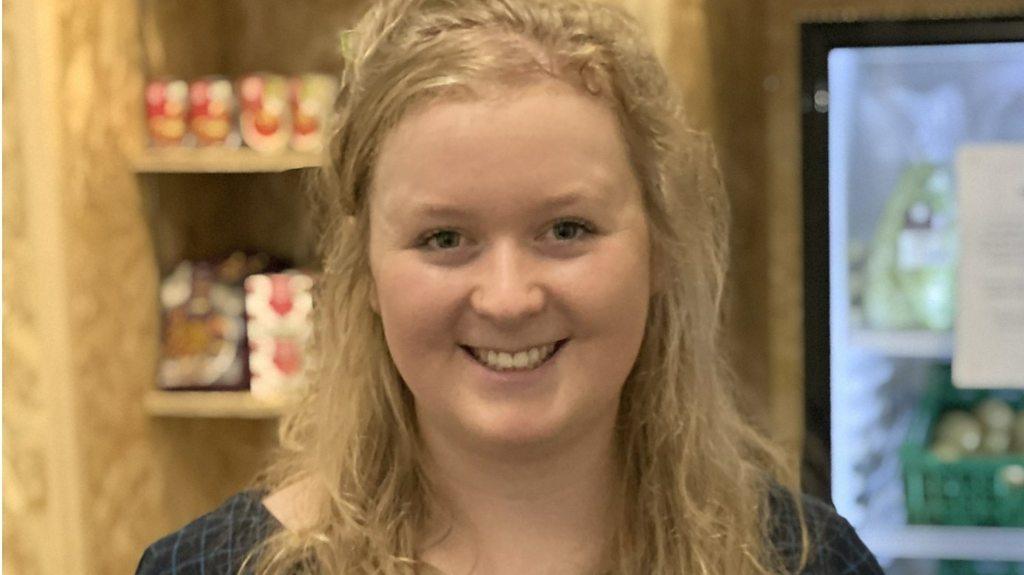Newcastle mental health charity overwhelmed by demand
- Published
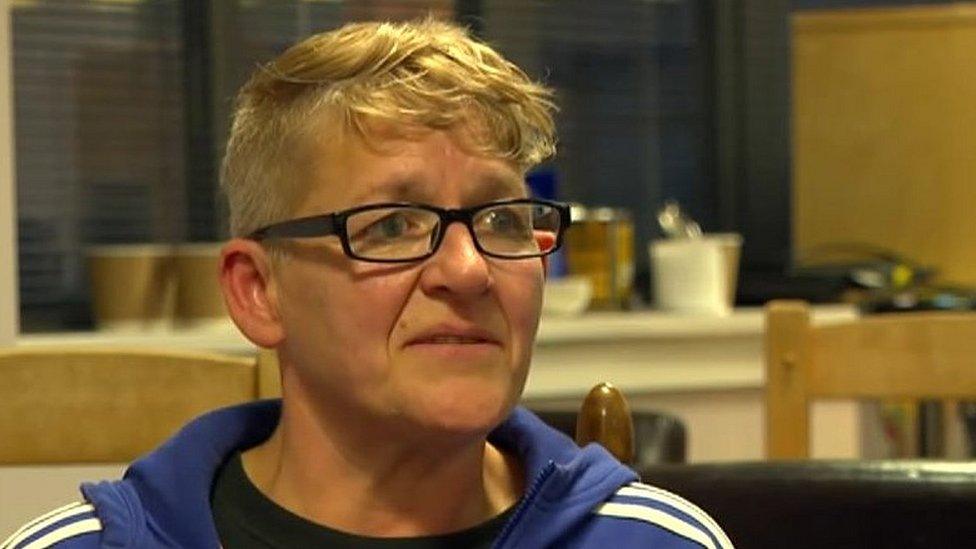
Angela Glasscott fears demand has not peaked yet
A mental health charity has paused new referrals until January because of a huge rise in requests for help.
Recovery College Collective (ReCoCo) said rising demand in the last six months was largely due to longer NHS mental health services waiting times.
People with mental health issues had increased after the pandemic and with the cost of living crisis, it said.
The Newcastle charity said it would direct people to other services or put them on courses for the new year.
Despite the recent surge in requests for help, ReCoCo's co-director Angela Glasscott fears demand has not yet peaked.
"It's potentially overwhelming for us," she said.
"There's so much backlog in the whole system, so we're getting people who are sitting on waiting lists for everything else.
"Unfortunately, we have had to close our doors until January while we're dealing with that backlog."
The charity, which has 15 staff - half of them part-time, offers a range of support including mindfulness workshops, understanding medication sessions and suicide prevention.
People can choose as much support as they want and either sign up for a block of classes or do drop-in sessions.
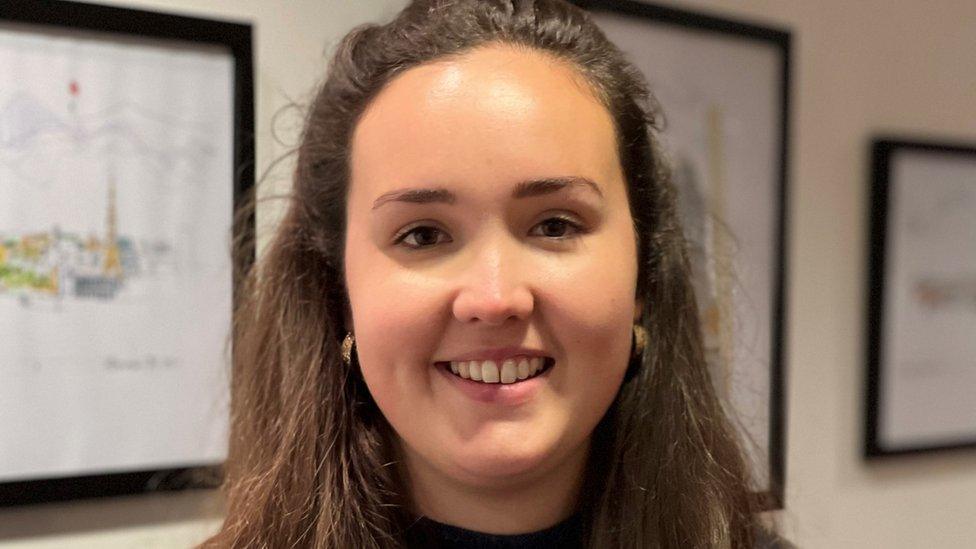
Lucy Graves said the charity offers a vital service
The charity said attendance had doubled since this time last year and while it usually receives eight referrals a week, during one week in September that "exploded" to 80.
It already has 2,000 people on its books and says demand will continue to grow over the winter months.
Lucy Graves, a mental health social worker in Gateshead, says it is a vital service.
"A lot of mental health services have a lot of referral criteria," she said.
"The waiting lists are massive. People can go and ask for support and be waiting a very long time. Here, you can walk in, feel welcomed, and get signed up straight away."
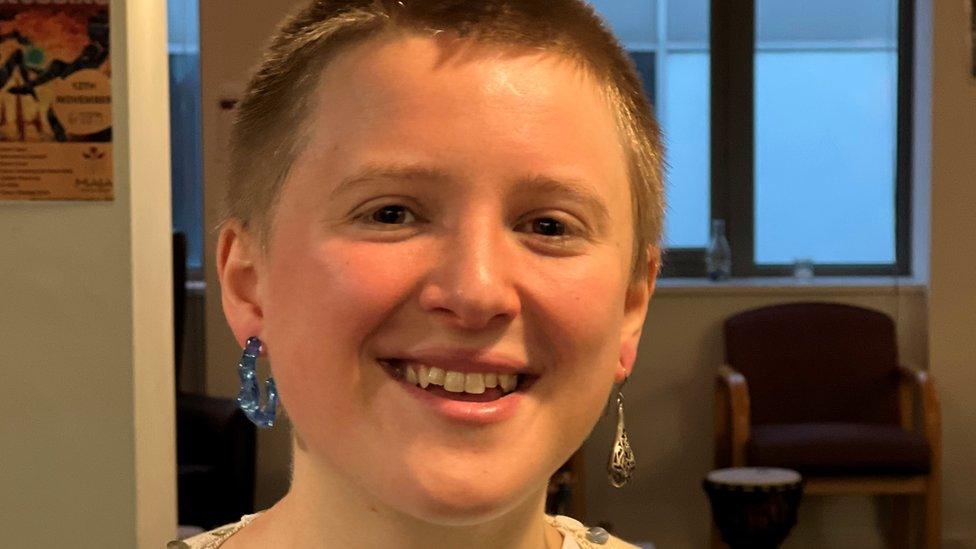
Alexandra said it offers a safe space to talk about mental health
Alexandra started attending ReCoCo when the charity was recommended by her GP and said the sessions have helped build her confidence.
"Here, you can say you're not all right and people say 'yeah, fair enough'," she said.
"No-one is uncomfortable with you talking about mental health. It's a safe space to do that."

Follow BBC North East & Cumbria on Twitter, external, Facebook, external and Instagram, external. Send your story ideas to northeastandcumbria@bbc.co.uk, external.
Related topics
- Published11 November 2022

- Published10 November 2022
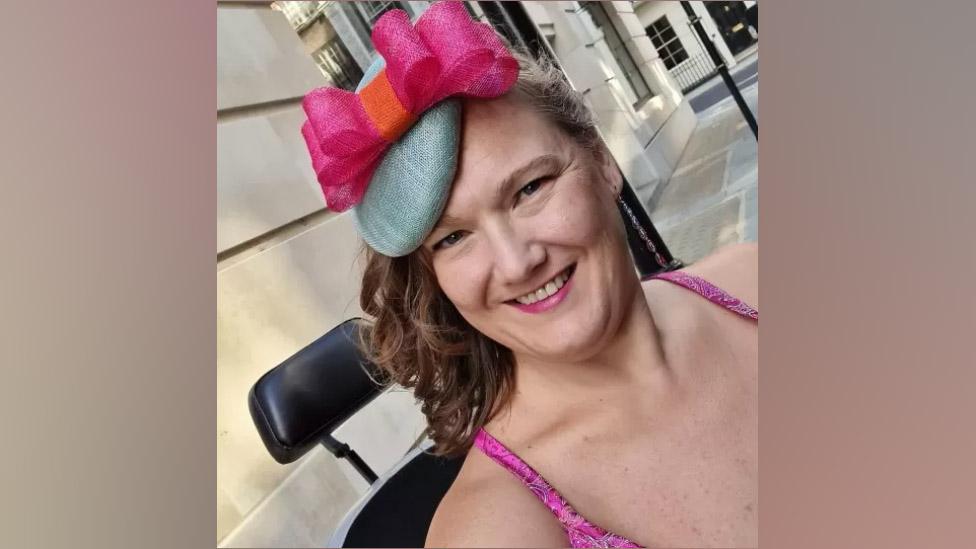
- Published8 November 2022
